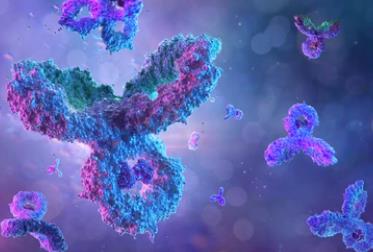
Mon, 2024/06/03
Phase I Research Data on Bispecific IgG Degradation Agents Released
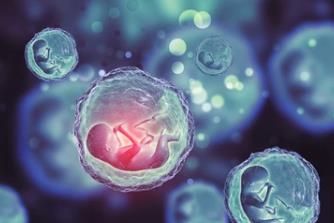
Sat, 2024/04/27
The Key Role of HIF-1Α in Promoting the Activation of Embryonic Zygotic Genome

Sat, 2024/04/27
The Gasdermin Family: Emerging Therapeutic Targets for Diseases
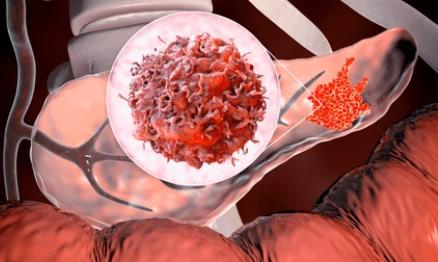
Fri, 2024/04/26
QDPR Deficiency Leads to Immunosuppression of Pancreatic Cancer

Fri, 2024/04/26
Key Targets in Molecular Characteristics of Parkinson's disease at Different Stages of Progression
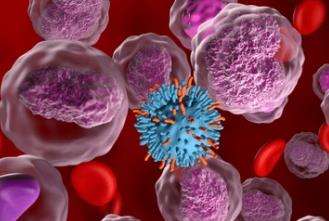
Fri, 2024/04/26
FOXO1- Key Protein That Can Control the Lifespan of Car-T Cells
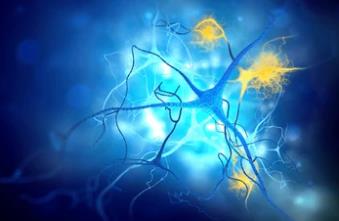
Fri, 2024/04/26

Fri, 2024/04/26
A New Mechanism of Glucocorticoid Inhibition of Inflammation
